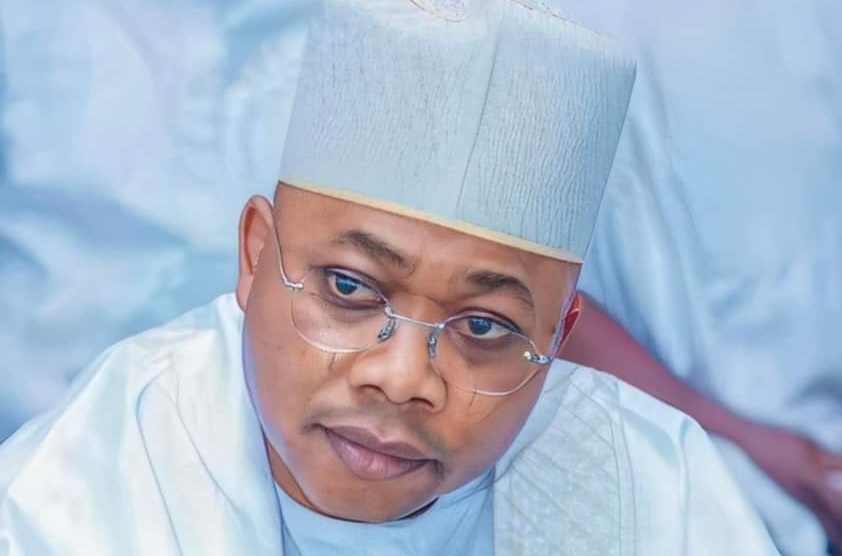A political leader in Nigeria’s Kogi State has sharply criticized the state governor for failing to prioritize workers’ welfare and address critical challenges such as insecurity and infrastructure deficits. Isaiah Ijele, Publicity Secretary of the opposition Social Democratic Party (SDP), accused Governor Usman Ododo of withholding workers’ salaries, an act he described as morally indefensible. “Laborers are entitled to their wages,” Ijele asserted during an interview on Arise Television’s Morning Show, invoking religious texts to underscore his criticism. “Paying salaries isn’t an achievement—it’s a basic obligation.”
Ijele linked Ododo’s governance style to his predecessor, Yahaya Bello, alleging collusion between the two in mismanaging state resources. He questioned the governor’s transparency and leadership, noting Ododo’s limited public engagement during his election campaign and tenure. “How often did he speak to the people? He rarely granted interviews,” Ijele remarked, arguing that Ododo has yet to articulate a clear vision for the state. He further dismissed salary payments as a minimal expectation, emphasizing that residents require tangible improvements in infrastructure and security.
Security challenges in Kogi State featured prominently in Ijele’s critique. He highlighted heightened risks of kidnapping along major transit routes, including roads connecting eastern regions, which he claims have become perilous for travelers. “Vehicles avoid these roads entirely due to safety concerns,” he said, accusing the administration of failing to protect citizens despite significant financial allocations to the state.
The SDP spokesperson defended his party’s role as a constructive opposition, stating that it holds the government accountable without partisan bias. “When they perform well, we acknowledge it. When they falter, we call it out directly,” he explained. Ijele also criticized the lack of a published manifesto by Ododo’s administration, alleging that it obscures accountability for how public funds are utilized. “With billions flowing into Kogi, residents deserve clarity on where these resources are directed,” he added.
Kogi State, situated in central Nigeria, has faced recurring issues such as intercommunal tensions, militant activity, and allegations of financial mismanagement under previous administrations. The SDP’s remarks reflect broader frustrations among opposition groups and civil society over governance priorities. While Ododo’s administration has not yet responded publicly to the claims, the criticism underscores growing scrutiny of public expenditure and service delivery in the region.
Ijele’s comments align with ongoing debates in Nigeria about the responsibilities of elected officials, particularly in states grappling with economic strain and security crises. As state governments nationwide face pressure to address wage arrears and rising living costs, the discourse in Kogi highlights the intersection of accountability, governance, and public trust.
